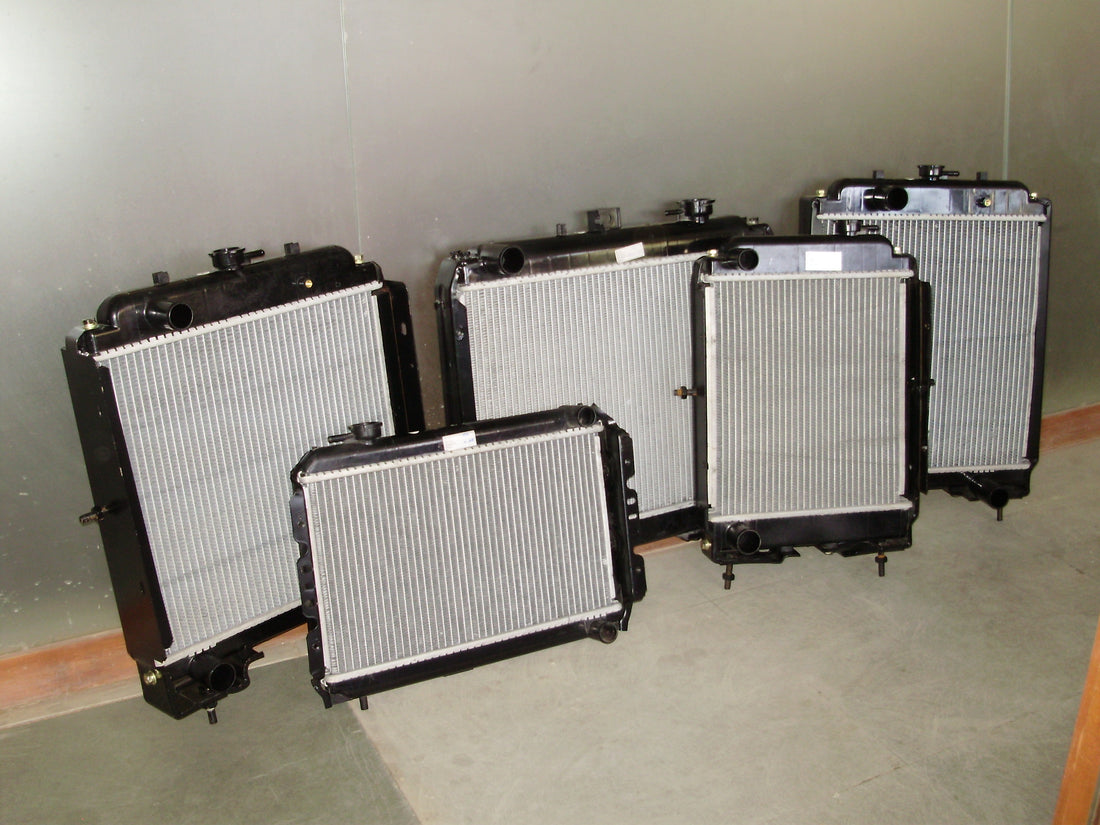
The Importance of Efficient Cooling Systems in Automotive Performance
Share
When discussing vehicle performance, people often focus on engine power, fuel economy, or aerodynamics. However, one critical component that directly impacts a vehicle's reliability and longevity often goes unnoticed: the cooling system. An efficient cooling system is essential for keeping engines running smoothly from compact cars to heavy-duty machinery.
Why Cooling Systems Matter
Engines generate immense heat during operation, and managing this heat is crucial to prevent overheating, which can lead to severe damage or engine failure. The cooling system's primary function is to maintain an optimal operating temperature, ensuring that the engine performs reliably in all conditions.
Neglecting the cooling system can result in reduced fuel efficiency, frequent breakdowns, and costly repairs, making it a vital aspect of vehicle maintenance.
Core Components of a Cooling System
The effectiveness of a cooling system lies in the performance of its key components:
- Radiator: Dissipates heat from the coolant circulating through the engine, preventing it from overheating.
- Oil Cooler: Maintains proper engine lubrication by cooling the engine oil, reducing friction and wear.
- Intercooler: Found in turbocharged or supercharged engines, it lowers the temperature of compressed air, enhancing efficiency and power.
Each component plays a specific role in keeping the engine cool and operational, especially under demanding conditions.
Consequences of Inefficient Cooling
A poorly maintained or insufficient cooling system can lead to:
- Overheating: The most common issue, causing temporary or permanent engine damage.
- Reduced Performance: Engines operating outside their optimal temperature range suffer power losses.
- Increased Fuel Consumption: An overheated engine burns more fuel to maintain output.
- Shortened Engine Lifespan: Prolonged exposure to excessive heat can degrade internal components, leading to expensive repairs or replacement.
The Advantages of an Efficient Cooling System
A well-designed and maintained cooling system offers several benefits:
- Improved Engine Efficiency: Consistent cooling ensures optimal engine performance under varying conditions.
- Lower Operating Costs: Efficient cooling prevents fuel wastage and reduces repair expenses.
- Extended Durability: Proper heat management minimizes wear on engine parts, extending their lifespan.
Why All-Aluminium Radiators Lead the Way
At Varun Radiators, we specialize in manufacturing all-aluminium brazed radiators, an advanced solution for modern cooling challenges. Aluminium radiators offer superior heat dissipation, are lightweight, and resist corrosion, making them ideal for automotive, industrial, and agricultural applications.
Our radiators are engineered for exceptional performance, ensuring that engines stay cool even in extreme conditions. Whether it's a high-performance car, a rugged farm tractor, or industrial machinery, our products deliver reliable cooling tailored to your needs.
Conclusion
Efficient cooling systems are fundamental to vehicle performance and longevity. By prioritizing quality components like radiators, oil coolers, and intercoolers, you can protect your engine from overheating and improve overall efficiency.
At Varun Radiators, we are committed to providing cutting-edge cooling solutions that ensure optimal performance across a range of applications. Explore our range of all-aluminium heat exchangers today and experience the difference in quality and reliability.